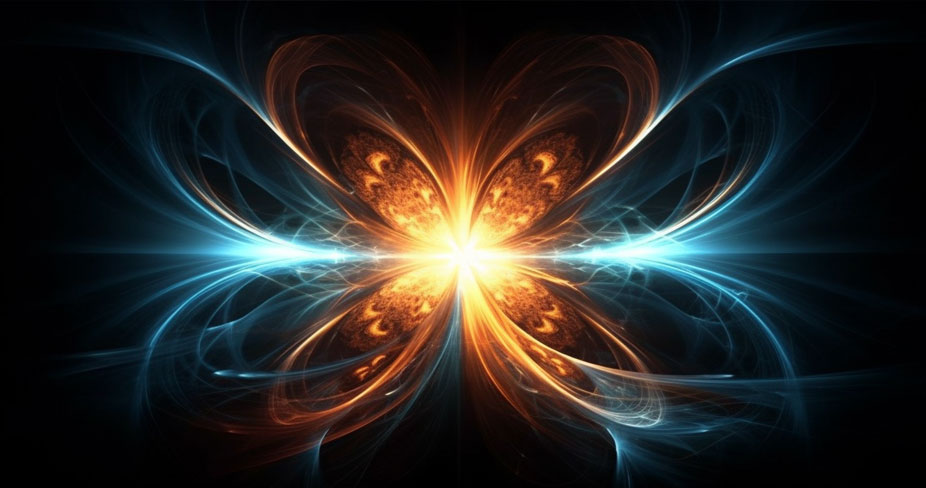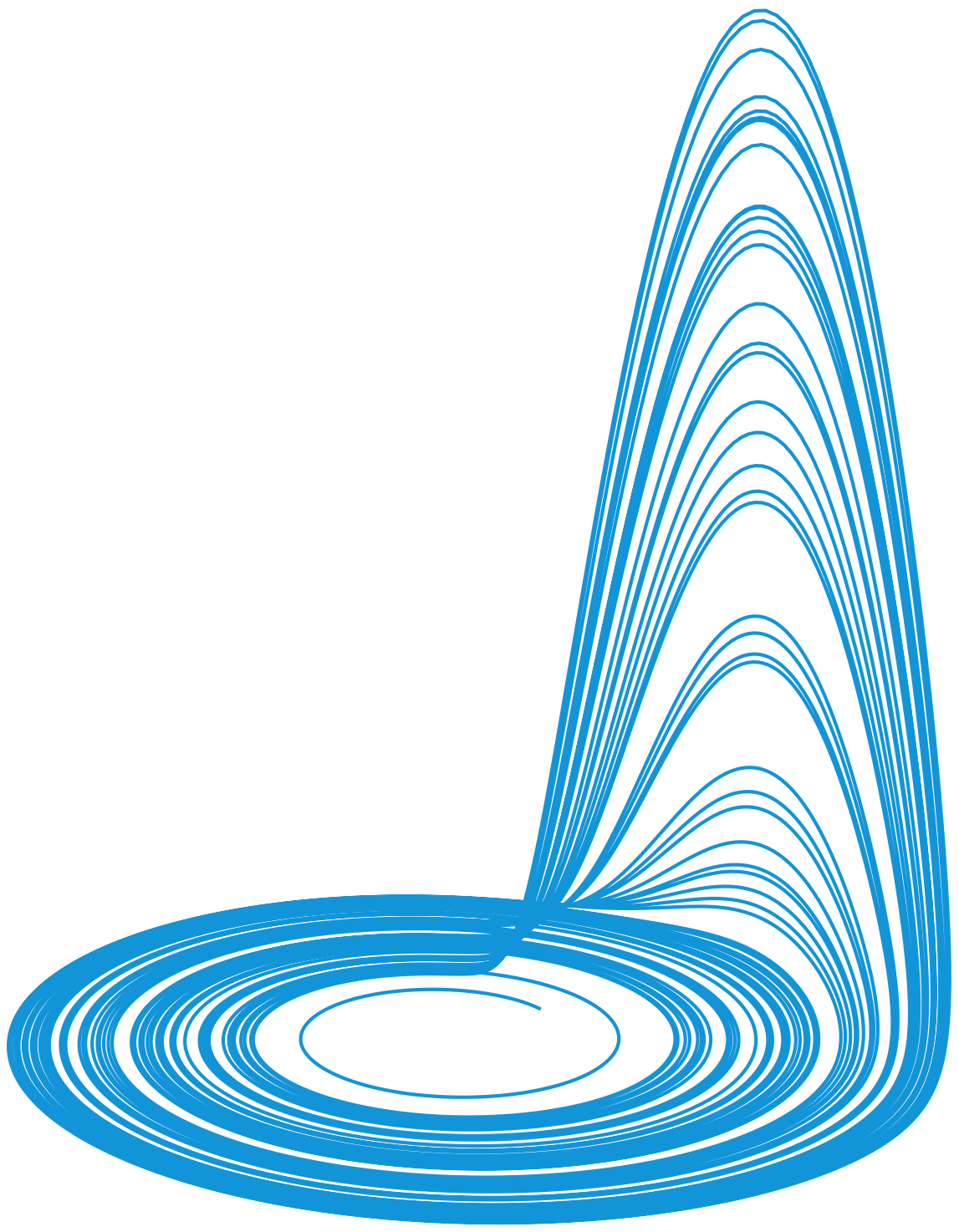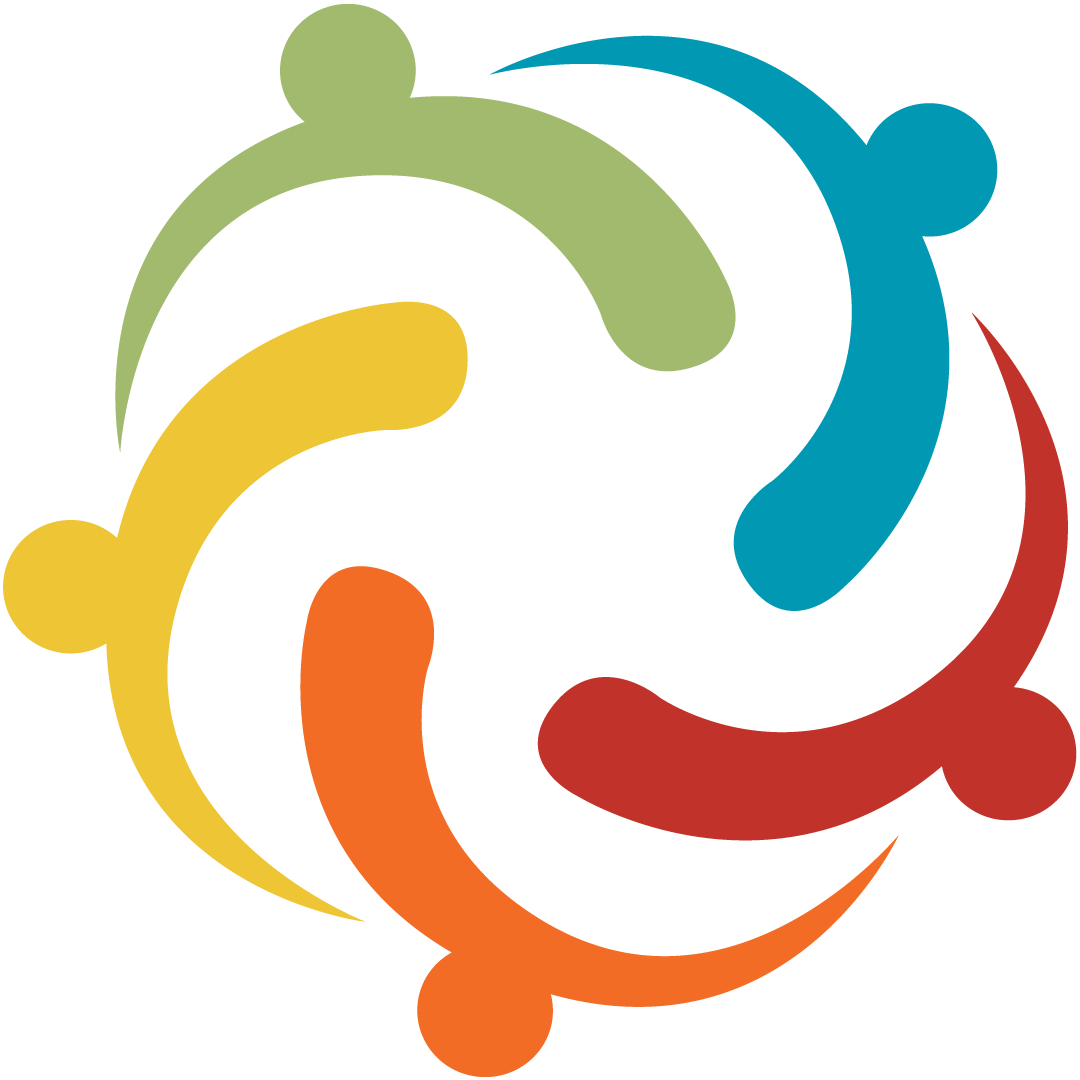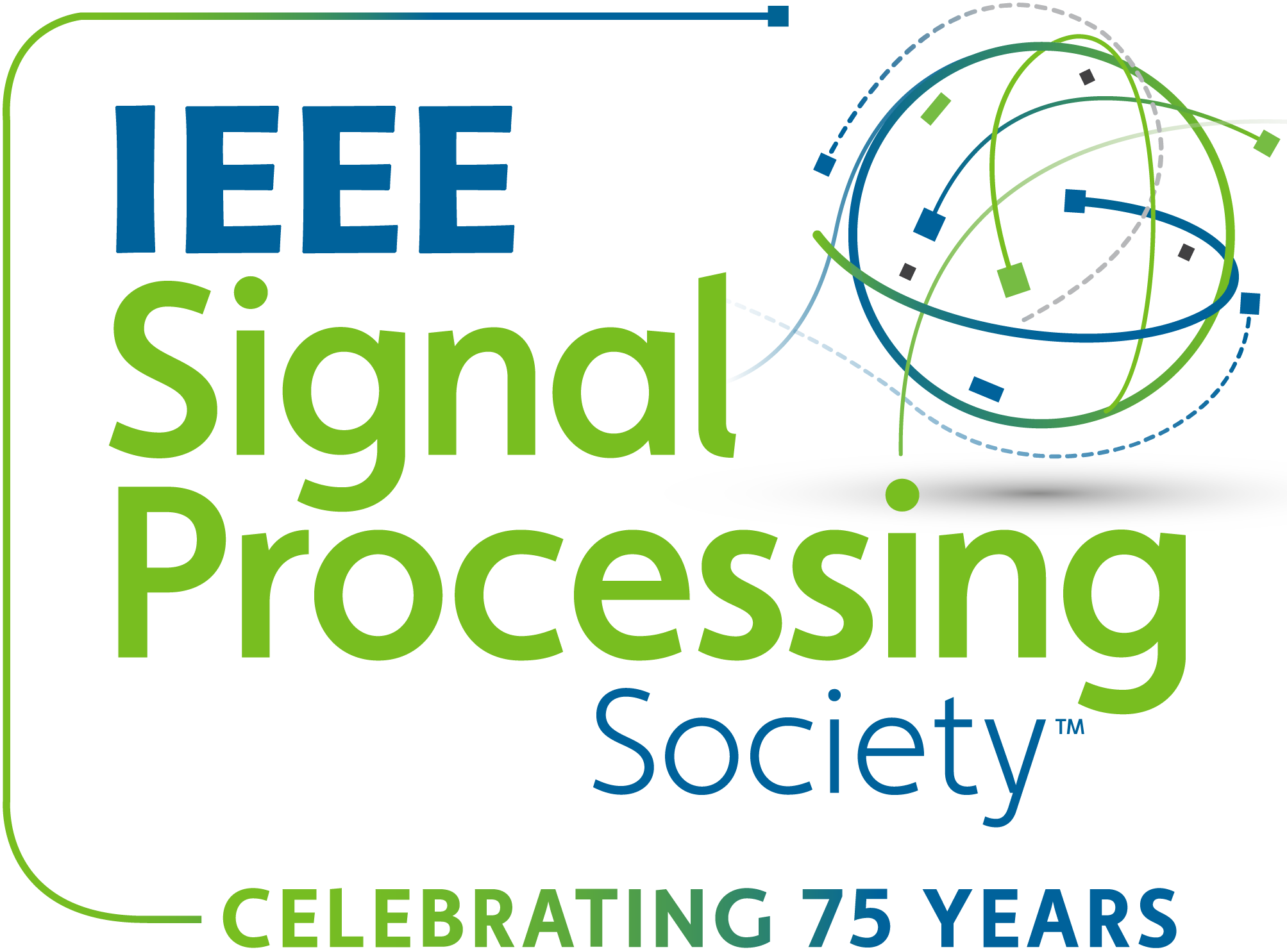Center for Advanced Signal and Image Sciences (CASIS) 26th Annual Workshop
Organizing Committee
- Workshop Chair: Ruben Glatt
- Workshop Co-Chair: Dave Chambers
- Co-Organizers: Victoria Ybanez Dadzie, Nicole Marie Simpson
Program Chairs
- Dennise Templeton
- Qingkai Kong
- Hiranmayi Ranganathan
- Kelli Humbird
- K. Aditya Mohan
- Sean Lehman
- Shusen Liu
- Yaniv Rosen
Getting There
Livermore Valley Open Campus (LVOC)
2590 Greenville Rd
Livermore, CA 94550
See Detailed Map for location. Parking is available in the big lot next to #2 and entrance to the workshop building #3 is by passing through building #2.
Supported by
Summary
The upcoming CASIS 2023 workshop on August 2–3, 2023, aims to delve into the existing opportunities and challenges pertinent to the signal and image sciences community. The event intends to foster a productive exchange of cutting-edge technological advancements and recent developments, stimulating interesting discussions and bringing the community together. In order to augment technical exchanges between attendees, intermediate results from ongoing projects and recent conference papers are strongly encouraged for submission. Attendees will have the opportunity to discuss the presentations with the authors in more detail in our poster sessions for which we provide coffee and snacks. This event is open to all engineers, scientists, and students who hold an interest in signal and image sciences.
The workshop is a two-day event and will be held in-person at the Livermore Valley Open Campus (LVOC), B643 R1400, requires pre-registration before July 27, 2023, and non-LLNL employees require a valid photo ID to attend. Interested authors can submit their proposals until June 28, 2023. Registration is free and we will provide lunch, coffee, and snacks on both workshop days.
For general questions about the workshop, contact Ruben Glatt. For questions about the program, please reach out to the respective Program Chair of the track you want to present in.
Workshop Tracks
This year’s workshop will feature the following tracks, moderated by the Program Chairs:
- AI/Machine Learning [Hiranmayi Ranganathan, Shusen Liu]
- Quantum Computing / Quantum Sensing [Yaniv Rosen]
- Non-Destructive Evaluation [K. Aditya Mohan]
- National Ignition Facility [Kelli Humbird]
- Geophysical Signal Processing [Dennise Templeton, Qingkai Kong]
- Remote and Non-invasive Sensing [Sean Lehman]
Invited Speakers
Join us for an engaging workshop featuring three distinguished speakers. Brian Spears from the Lawrence Livermore National Laboratory will take you on a journey into the Fusion Ignition: Science in Support of a Historic Breakthrough, while Prof. Dr. Lei Li from the University of California Santa Barbara expands your mind with the game-changing power of Large Language Models. Finally, we dive into the enigmatic world of quantum computing and hear about Control and readout of superconducting qubits with David Pappas from the University of Colorado Boulder.
Call for Submissions
Abstract deadline: Wednesday, June 28th | Speaker confirmation: Wednesday, July 5th
We encourage a broad range of topics based on the tracks provided above. We are interested in recent work but do not expect original contributions. However, we strongly encourage recently published work or work in progress that can benefit from or encourage discussion. Selected submissions will have the opportunity to present their work in a 15-20 minute talk and showcase it in our poster sessions. If we receive too many great submissions, we will also consider inviting poster-only presentations.
Important dates (EOD PST)
- 4/10: Call for Abstracts open
- 6/28: Submission deadline
- 7/5: Speaker notification
- 7/27: Registration deadline
- 7/27: IM review number submission deadline (LLNL only)
- 8/2-3: CASIS Workshop 2023
AGENDA: Day 1 — Wednesday, August 2, 2023
| 7:40–8:10 | Registration | |
| 8:10–8:20 a.m. | WELCOME | Dave Chambers Ruben Glatt |
Geophysical Signal Processing (Dennise Templeton, Qingkai Kong)
| 08:20–8:40 a.m. | Inverse Scattering for Path Optimization in 2D and 3D | Jane Pratt (LLNL) |
National Ignition Facility (Kelli Humbird)
| 08:40–9:00 a.m. | Predicting performance variability of ICF experiments at the NIF | Michael Kruse (LLNL) |
| 09:00–9:20 a.m. | Characterization of the Daedalus Hybrid CMOS Sensor | Anne Garafalo (LLNL) Brad Funsten (LLNL) |
| 09:20–9:40 a.m. | Laboratory demonstration of prediction of wind-blown turbulence by adaptive optics with use of LQG control | Lisa Poyneer (LLNL) |
| 09:40–10:00 a.m. | Image Analysis for Automation of Formation of Cryogenic DT Fuel for Nuclear Fusion Ignition Experiments | Suhas Bhandarkar (LLNL) |
| 10:00–10:30 a.m. | Coffee Break + Poster Session | |
| 10:30–10:50 a.m. | Automated Analysis of Stimulated Brillouin Scattering at the National Ignition Facility | Eugene Kur (LLNL) |
| 10:50–11:10 a.m. | Non-destructive evaluation of defects within ablator capsules at NIF | Tom Braun (LLNL) |
| 11:10–12:00 p.m. | Fusion Ignition: Science in Support of a Historic Breakthrough | Invited Speaker: Brian Spears (LLNL) |
| 12:00–1:00 p.m. | Lunch Break + Poster Session |
Quantum Sensing & Quantum Computing (Yaniv Rosen)
| 1:00–1:20 p.m. | Rapid Simulation Framework for Superconducting Qubit Readout System Inverse Design and Optimization | Hiu Yung Wong (San Jose State University) |
| 01:20–1:40 p.m. | Single Photon Emission from Vanadium Defects in Amorphous Silicon Carbide (a-SiC) | Brandon Demory (LLNL) |
| 01:40–2:00 p.m. | 3D Printed Ion Traps for Quantum Computation | Kristin Beck (LLNL) |
| 02:00–2:50 p.m. | Control and readout of superconducting qubits | Invited Speaker: Dave Pappas (University of Colorado, Boulder) |
| 2:50–3:30 p.m. | Coffee Break + Poster Session |
Remote and Non-invasive Sensing (Sean K. Lehman)
| 3:30–3:50 p.m. | Eddy Current Lift-Off Sensor Model | Sean K. Lehman (LLNL) |
| 3:50–4:10 p.m. | Analysis of Eddy Current Gap Sensors | Alex Lewis (LLNL) |
| 4:10–4:30 p.m. | 1000x stability boosting, and characterization, of high resolution spectrographs using externally dispersed interferometry | David Erskine (LLNL) |
| 4:30–4:50 p.m. | Modeling and Characterizing Vibrational Energy Harvesting Devices | Sean K. Lehman (LLNL) |
| 4:50 p.m. | Closing |
AGENDA: Day 2 — Thursday, August 3, 2023
| 8:00–8:30 a.m. | Registration | |
| 8:30–8:40 a.m. | WELCOME | Dave Chambers Ruben Glatt |
Machine Learning / Artificial Intelligence (Hiranmayi Ranganathan, Shusen Liu)
| 08:40–9:00 a.m. | Computational fluid dynamics surrogates for carbon capture design optimization | Phan Nguyen (LLNL) |
| 09:00–9:20 a.m. | Signal Decomposition Methods For Anomaly Detection In Electric Distribution Systems For Wildfire Prevention | Jhi-Young Joo (LLNL) |
| 09:20–9:40 a.m. | Markov Chain Monte Carlo for Bayesian Parametric Galaxy Modeling | James Buchanan (LLNL) |
| 09:40–10:00 a.m. | Multi-Agent Reinforcement Learning for Adaptive Mesh Refinement | Jiachen Yang (LLNL) |
| 10:00–10:30 a.m. | Coffee Break + Poster Session | |
| 10:30–10:50 a.m. | Understanding Model Adaptation through the Lens of Feature Distortion and Simplicity Bias | Jay Thiagarajan (LLNL) |
| 10:50–11:10 a.m. | Cross-GAN Auditing: Unsupervised Identification of Attribute Level Similarities and Differences between Pretrained Generative Models | Matthew Olson (LLNL) |
| 11:10–12:00 p.m. | Large Language Models | Invited Speaker: Lei Li (University of California, Santa Barbara) |
| 12:00–1:00 p.m. | Lunch Break + Poster Session | |
| 1:00–1:20 p.m. | Spatio-Temporal Surrogates for Interaction of a Jet with High Explosives: Clustering Extremely High-Dimensional Grid-Based Data | Juliette Franzman (LLNL) |
| 1:20–1:40 p.m. | A Hamiltonian System of Information Theoretic Particles for Machine Learning | Manas Deb (Santa Clara University) |
| 1:40–2:00 p.m. | Energy Calibration of Real-Time Recorded Gamma Spectra at NIF | Karinna Stevenson (LLNL) |
Non-Destructive Evaluation (K. Aditya Mohan)
| 2:00–2:20 p.m. | LEAP: Differentiable Forward Projector for X-ray Computed Tomography | Hyojin Kim (LLNL) |
| 2:20–3:00 p.m. | Coffee Break + Poster Session | |
| 3:00–3:20 p.m. | Heel effect measurement and compensation | Seemeen Karimi (LLNL) |
| 3:20–3:40 p.m. | X-ray Spectral Estimation using Dictionary Learning | Wenrui Li (Purdue University) |
| 3:40–4:00 p.m. | Fast massively parallel physics-based method for modeling multi-order scatter in CT Imaging | Venkatesh Sridhar (LLNL) |
| 4:00–4:20 p.m. | Deep Learning Approaches for Radiography in Non-Destructive Testing | Jacqueline Alvarez (LLNL) |
| 4:20 p.m. | Closing | Dave Chambers Ruben Glatt |
Diversity Statement
At Lawrence Livermore National Laboratory (LLNL) we embrace our core values, of which creating an inclusive environment for all staff, collaborators, and visitors is a central element. Our senior leadership team is committed to meeting the calling of accountability through transparency of progress via sharing data, inclusiveness, and mutual respect. We aspire to create an inclusive, diverse, and equitable workplace where all individuals are treated fairly and respectfully, have equal access to opportunities and resources, and can contribute fully to the Laboratory’s success. Find out more about Inclusion, Diversity, Equity, and Accountability (IDEA) at LLNL here [https://www.llnl.gov/diversity].
Code of Conduct
The LLNL Center for Advanced Signal Image Sciences (CASIS) is dedicated to providing an experience for all participants that is free from harassment, bullying, discrimination, and retaliation. This includes offensive comments related to gender, gender identity and expression, age, sexual orientation, disability, physical appearance, body size, race, ethnicity, religion (or lack thereof), politics, technology choices, or any other personal characteristics or considerations made unlawful by federal, state, or local laws, ordinances, or regulations.
Inappropriate or unprofessional behavior that interferes with another participant’s full participation will not be tolerated. This includes bullying, intimidation, personal attacks, harassment, sustained disruption of talks or other events, sexual harassment, stalking, following, harassing photography or recording, inappropriate physical contact, unwelcome sexual attention, public vulgar exchanges, derogatory name-calling, or diminutive characterizations, all of which are unwelcome in this community. Advocating for, or encouraging, any of the above behavior, is also considered harassment.
No use of images, activities, or other materials that are of a sexual, racial, or otherwise offensive nature that may create an inappropriate or toxic environment is permitted. Disorderly, boisterous, or disruptive conduct including but not limited to fighting, coercion, theft, damage to property, or any mistreatment or non-businesslike behavior towards other participants is not tolerated. Scientific misconduct—including but not limited to fabrication, falsification, or plagiarism of paper submissions or research presentations—is prohibited.
If you have concerns related to your participation or interaction at this CASIS workshop, observe someone else’s difficulties, or have any other concerns you wish to share please reach out to Ruben Glatt via email glatt1@llnl.gov or in person at the event.









